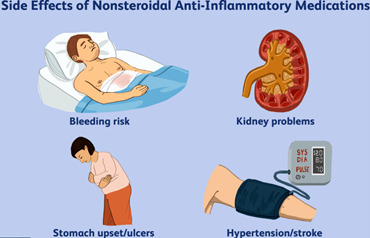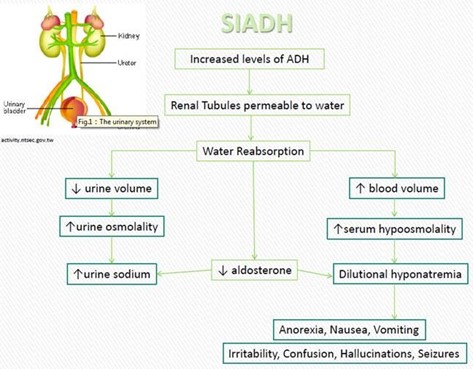A 67-year-old patient tells the nurse, “l have problems with constipation now that I am older, so I use a suppository every morning” The most appropriate nursing action at this time is to
encourage the patient to drink at least 3000 ml of fluid a day.
suggest that the patient increase dietary intake of foods that are high in fiber.
inform the patient that a daily bowel movement is not necessary.
perform a focused nursing assessment to identify risk factors for constipation.
The Correct Answer is D
Although increasing fluid intake and fiber intake are important interventions for preventing constipation, it is important to first assess the patient's current situation and risk factors for constipation. Additionally, while a daily bowel movement is not necessary for everyone, it is important to understand the patient's usual bowel habits and whether or not their current regimen is effective for them. Therefore, the nurse should perform a focused nursing assessment to identify the patient's risk factors for constipation and evaluate their current bowel regimen before providing specific interventions or recommendations.
Nursing Test Bank
Naxlex Comprehensive Predictor Exams
Related Questions
Correct Answer is A
Explanation
NSAIDs are known to be a common cause of acute gastritis. Therefore, it is essential for the nurse to ask the patient about their frequency of NSAID use to determine if this may have caused their current symptoms. Other options such as family history of gastric problems, recent weight gain or loss, and amount of fat in the diet, may also be relevant to the patient's overall health status, but they are not as important as the potential cause of their current condition.

Correct Answer is C
Explanation
The correct answer is c. I will eat foods high in potassium because the diuretics cause potassium loss.
Rationale for Choice A:
- Statement:"I should weigh myself daily and report any sudden weight loss or gain."
- Rationale:This statement is correct.It's crucial for patients with SIADH to monitor their weight daily as even slight fluctuations can signal fluid imbalances.Sudden weight gain can indicate fluid retention,while sudden weight loss might suggest dehydration.Both scenarios warrant medical attention.
Rationale for Choice B:
- Statement:"I need to limit my fluid intake to no more than 1 quart of liquids a day."
- Rationale:This statement is also correct.Fluid restriction is a cornerstone of SIADH management.By limiting fluid intake,patients can help prevent the buildup of excess fluid in the body,which can lead to complications such as hyponatremia (low sodium levels in the blood) and edema.
Rationale for Choice C:
- Statement:"I will eat foods high in potassium because the diuretics cause potassium loss."
- Rationale:This statement is incorrect.While some diuretics used in the treatment of SIADH can indeed cause potassium loss,this is not a universal side effect.Furthermore,increasing potassium intake without medical supervision can be dangerous,potentially leading to hyperkalemia (high potassium levels in the blood).It's essential for patients to consult with their healthcare providers for individualized guidance on potassium intake.
Rationale for Choice D:
- Statement:"I need to shop for foods that are low in sodium and avoid adding salt to foods."
- Rationale:This statement is correct.A low-sodium diet is often recommended for patients with SIADH to help manage fluid balance and prevent hyponatremia.Restricting sodium intake can reduce fluid retention and help maintain appropriate sodium levels in the blood.

Whether you are a student looking to ace your exams or a practicing nurse seeking to enhance your expertise , our nursing education contents will empower you with the confidence and competence to make a difference in the lives of patients and become a respected leader in the healthcare field.
Visit Naxlex, invest in your future and unlock endless possibilities with our unparalleled nursing education contents today
Report Wrong Answer on the Current Question
Do you disagree with the answer? If yes, what is your expected answer? Explain.
Kindly be descriptive with the issue you are facing.
